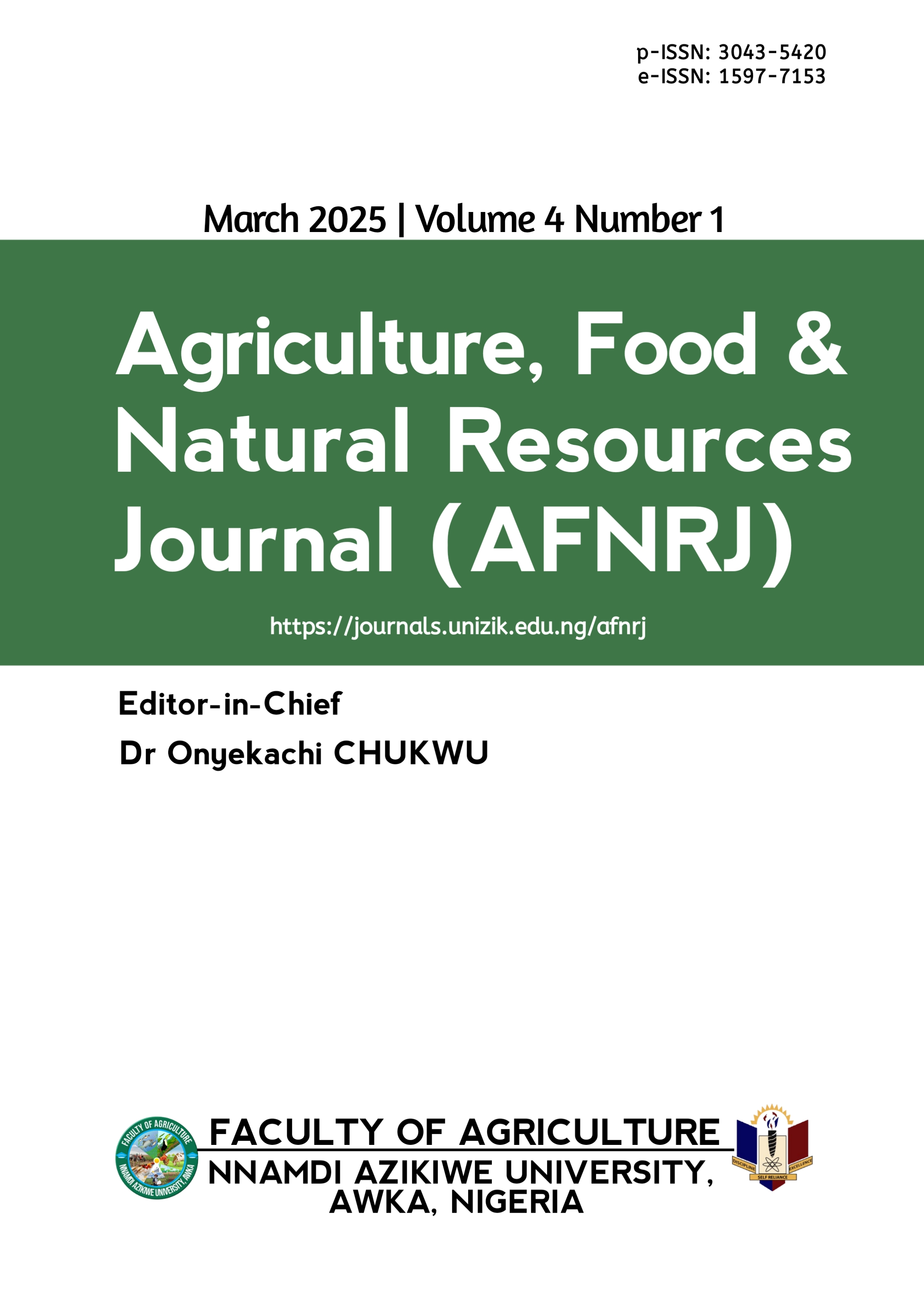Potential effects of garlic supplementation in older adults on a long-term cardiovascular disease risk
DOI:
https://doi.org/10.5281/zenodo.15113838Keywords:
Bioactive, Cardiovascular, Dietary, Garlic, SupplementationAbstract
Cardiovascular disease (CVD) is the primary cause of death among elderly people. Garlic has been used as a food and medicinal herb for millennia and is well-known for its numerous health advantages, particularly those related to cardiovascular health. This review looks at the bioactive compounds in garlic, such as allicin, and how they affect many aspects of cardiovascular health, including hypertension, heart disease, platelet aggregation, and aortic stiffness. It underlines the need to incorporate garlic into the diet as a preventative approach against CVD risk factors, particularly in older persons. Garlic and cardiovascular health are a complex and ongoing research topic. Preliminary research indicates that frequent garlic consumption may lower cholesterol and blood pressure, reduce platelet aggregation, and improve overall vascular function. In conclusion, garlic has been shown to improve cardiovascular health and may reduce CVD risk in older persons. Eating garlic regularly may enhance various health aspects and should be included in a balanced diet. However, the long-term consequences of garlic supplementation in older persons are not entirely established and warrant more research.
Downloads
Published
Issue
Section
License

This work is licensed under a Creative Commons Attribution 4.0 International License.
which permits unrestricted use, distribution, and reproduction in any medium, provided the original author and source are credited.
Authors retain the copyright of their published work in the AFNRJ.





